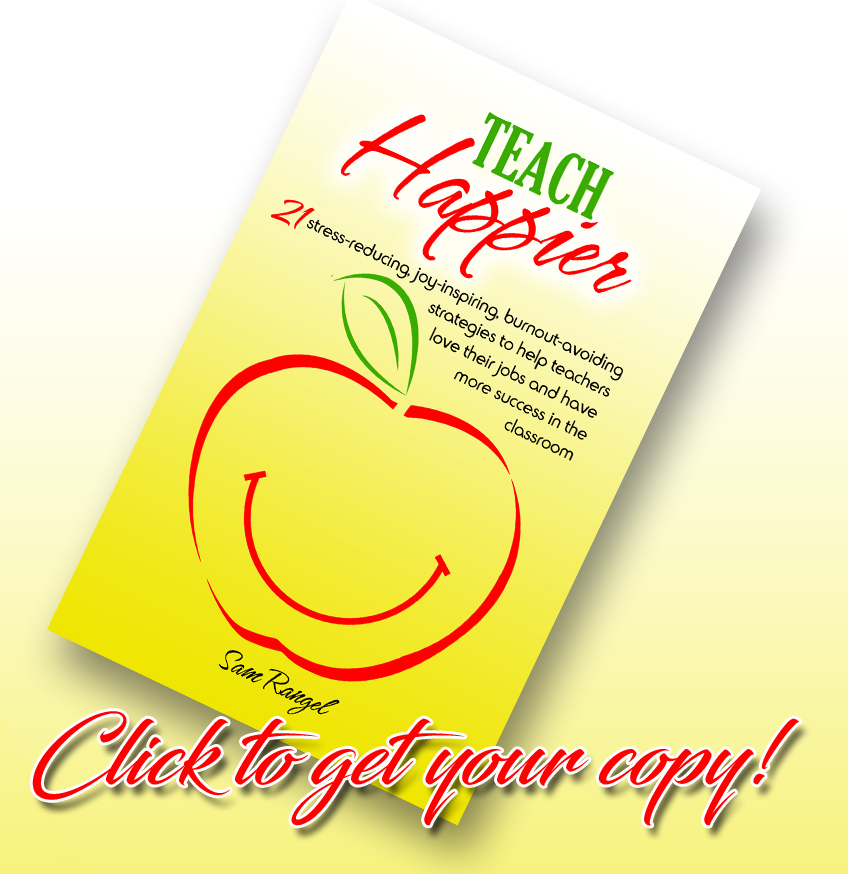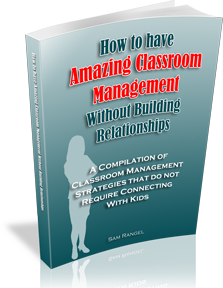My friend Patrick, is a counselor at my school, and he runs a Peer Tutoring program where middle school students go across the street to tutor the students at the elementary school.
Part of the application process to become a Peer Tutor is to answer the question:
What does it mean to be a person of integrity?
Patrick believes that integrity is one of the most important characteristics needed by students who he selects for the program.
What he shared with me recently was that so many of the applicants had no idea what the word, “integrity” means.
Here are some of the actual responses to the question: What does it mean to be a person of integrity?
Every student can do their best.
Keep my binder organized.
Wake up by myself
I can explain problems to students and they get it.
I was a little surprised that middle school students didn’t know what that word meant.
I believe as educators, teaching integrity should be as important, or even more important, than teaching the core subjects. Integrity should not be a new vocabulary word to 12 and 13-year-olds. Is it too difficult to consider that if students had a better idea of what integrity was at a younger age, we would have a safer, more caring society?
With the students being bombarded with campaign advertisements for the upcoming election, isn’t now a great time to be having discussions in class about integrity?
Here is how Webster defines the word Integrity:
A firm adherence to a code of especially moral or artistic values : incorruptibility
I know that with the pressure of getting high marks on the state tests, teachers may not find the time to add another lesson to their plate. The pacing guides often dictate what is taught and when.
I would like to encourage new teachers (and even the more seasoned teachers) to make time to teach a lesson on integrity. It can probably fit best in Language Arts, since it’s a new vocabulary word for most students, but it can also be a Social Studies lesson or a Home Room activity.
Here are some ideas for teaching Integrity:
Use the dictionary to find the definition of Integrity then complete one of the following activities:
Write about someone you know personally who demonstrates integrity. Explain.
Write about a celebrity who is a good/bad example of integrity. Explain.
Create a poster about what integrity is.
Create a script about an interview with someone who demonstrates integrity. Create a video or perform a play based on that script.
I’m sure there are more.
If you have an idea for teaching integrity, I would love to hear about it. Please add it in the comment box below.
I think it would be great to have a class of middle school kids watch some of the current political ads and use them to talk about integrity.
The point is that kids need to know how important it is to be a person of integrity, to be that person who will adhere firmly to an ethical code of conduct.
One Peer Tutoring applicant said it best when he wrote: “Being a person of integrity is doing what’s right even when no one’s watching.”
Again, I encourage teachers to spend a few minutes in class and ask the question, “What does it mean to be a person of integrity?”
You might be surprised at how the students respond.
Integrity might not be something that is tested on the State Exam, but it sure is tested in life. Let’s work toward having more students proficient in the subject of integrity.
I’d love to hear your opinions on this. Please feel free to comment or contact me.
Again, thank you to all those who are sharing, re-posting, tweeting and pinning these posts.
Until next time,
Here’s to your Success in the Classroom!
Thanks,
Sam
Get amazing tips and strategies for success in the classroom in your inbox along with a lot of other free stuff including our guide: 5 Top Secret Tricks to Get the Class Quiet Without Having To Raise Your Voice. Click Here.



